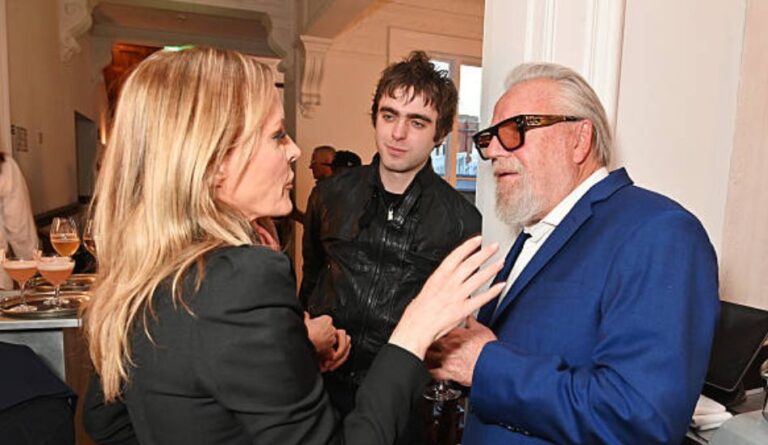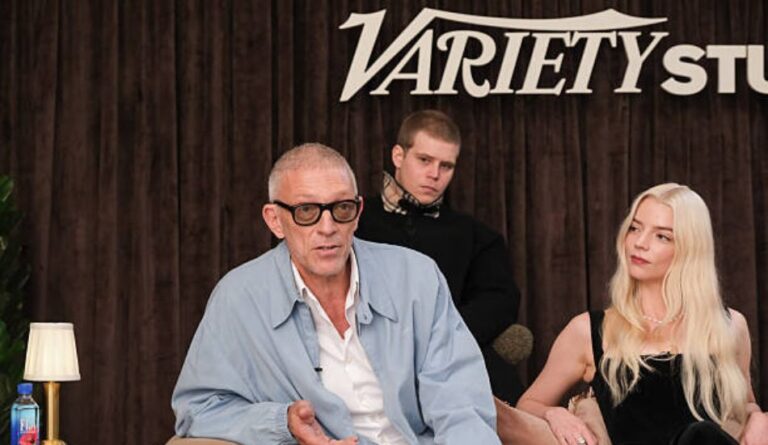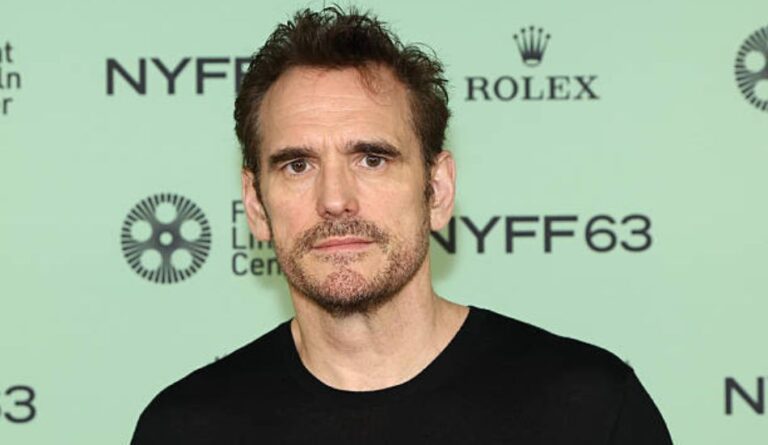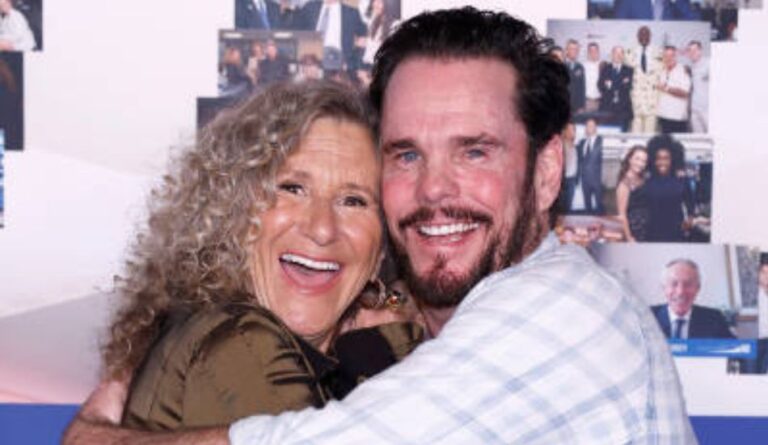Who is Takeshi Kitano: The Life, Films, and Legacy of Japan’s Iconic Director
Who is Takeshi Kitano?
Takeshi Kitano isn’t your typical filmmaker. He’s one of Japan’s most versatile entertainers — a comedian, actor, director, painter, and writer, all rolled into one. Born in Tokyo on January 18, 1947, Kitano’s artistic journey is unlike anyone else’s. While many recognize him from his hit TV show Takeshi’s Castle, cinephiles around the world celebrate him for his masterful direction of intense, poetic films that blend crime, silence, and emotional depth.
He’s often compared to Akira Kurosawa for his contribution to Japanese cinema, yet Kitano’s style is entirely his own — deadpan, violent, minimalist, and deeply human. Whether it’s through his gangster sagas or his quiet meditations on life, Kitano has carved out a niche that transcends genres and cultures.
Early Life and Background
Takeshi Kitano was born and raised in Adachi, a working-class district of Tokyo. His father was a house painter and his mother a factory worker — not exactly the roots you’d expect for one of Japan’s cultural giants. Kitano was a mischievous kid, often in trouble, and his neighborhood exposed him to the rougher side of life.
He enrolled in Meiji University to study engineering, but academic life didn’t suit him. Eventually, he left university and found his way into the vibrant nightlife of Asakusa, where entertainers, comedians, and actors gathered. There, he started working as an elevator operator in a nightclub — a job that unexpectedly opened the door to his future in entertainment.
The Birth of “Beat Takeshi”
In the late 1970s, Kitano joined forces with comedian Kiyoshi Kaneko to form the duo The Two Beat, where he took on the name Beat Takeshi. Their sharp, fast-paced humor and irreverent style made them household names in Japan’s comedy scene. Kitano’s unique blend of dry wit and unpredictability set him apart, making him one of the most recognizable television personalities of his generation.
But behind the comedian’s mask, Kitano was quietly developing an interest in more serious storytelling — an interest that would soon redefine his career.
Transition to Film
Takeshi Kitano’s move from comedy to cinema wasn’t planned. In 1989, he was cast as the lead in Violent Cop, a police thriller. When the original director dropped out, Kitano stepped in to direct — and the rest is history. The film became a success, marking his directorial debut and setting the tone for his signature style: quiet moments, sudden bursts of violence, and emotional undercurrents that speak louder than words.
From that point forward, Kitano was no longer just Japan’s favorite comedian — he was a serious filmmaker with a distinctive voice.
Takeshi Kitano’s Age and Birthday
Born on January 18, 1947, Takeshi Kitano is 78 years old as of 2025. His long and varied career spans over five decades, from slapstick TV to award-winning art-house films. Despite his age, Kitano continues to influence Japanese culture through television, writing, and visual arts.
Takeshi Kitano’s Unique Directing Style
Kitano’s filmmaking is unlike anyone else’s. His scenes are quiet, often punctuated by stillness rather than dialogue. Then, without warning, violence erupts — quick, brutal, and emotionless. His characters, often gangsters or loners, say little but express everything through silence and action.
He’s been praised for turning violence into poetry and emotion into minimalism. Kitano once said that he’s less interested in the story itself and more in how it’s told — how light, timing, and pauses can shape a viewer’s emotion.
Takeshi Kitano’s Best Movies
Over his career, Kitano has directed and acted in numerous films, many of which have become international cult classics. Here are some of his most celebrated works:
Hana-bi (Fireworks, 1997) – A masterpiece that won the Golden Lion at the Venice Film Festival. It’s a haunting blend of beauty, love, and violence.
Sonatine (1993) – A slow-burning Yakuza film that’s both violent and philosophical.
Kikujiro (1999) – A heartwarming yet unconventional road movie about a boy searching for his mother.
Brother (2000) – Kitano takes his Yakuza themes abroad in this Los Angeles-set gangster drama.
Zatoichi (2003) – His stylish reimagining of Japan’s legendary blind swordsman.
Outrage Trilogy (2010–2017) – Brutal, realistic depictions of Yakuza power struggles.
Battle Royale (2000) – Although directed by Kinji Fukasaku, Kitano’s acting as the strict teacher in this dystopian thriller became iconic.
Each of these films showcases a different side of Kitano — from introspective artist to unflinching storyteller.
Takeshi Kitano and the Yakuza Connection
Few directors capture the Japanese underworld as vividly as Takeshi Kitano. His fascination with Yakuza culture isn’t about glamorizing crime; it’s about exploring loyalty, honor, and the fragility of human nature.
In movies like Sonatine and Outrage, he paints Yakuza life with stark realism. There’s no moral preaching — just quiet resignation and inevitability. His portrayal of gangsters feels human, stripped of Hollywood gloss. This raw approach has influenced generations of filmmakers, both in Japan and abroad.
Takeshi Kitano and Takeshi’s Castle
Before his film fame spread internationally, Kitano was already a superstar in Japan thanks to the wildly popular game show Takeshi’s Castle. Airing from 1986 to 1989, the show featured hundreds of contestants trying to storm Kitano’s castle through bizarre physical challenges.
The show’s absurd humor, slapstick energy, and Kitano’s deadpan hosting made it a global phenomenon. Dubbed versions aired in dozens of countries, introducing millions to his comedic side long before they discovered his darker, artistic films.
Takeshi Kitano’s Family and Personal Life
Kitano married Mikiko Kitano (née Matsuda) in 1980. The couple had two children but eventually divorced after nearly four decades together. Reports suggest that their split in 2019 resulted in Kitano transferring much of his wealth to Mikiko.
He also has siblings, including a brother who reportedly works outside the entertainment industry. Kitano’s family life has always been kept private, and he rarely discusses it publicly.
Takeshi Kitano’s Net Worth
As of recent estimates, Takeshi Kitano’s net worth ranges between $5 million and $20 million. Much of his wealth comes from his work in television, film directing, acting, and writing. However, his divorce settlement significantly reduced his fortune. Despite that, Kitano remains one of Japan’s most respected and successful creative figures.
Takeshi Kitano’s Battle Royale Role
One of Kitano’s most memorable acting performances outside his own films was in Battle Royale (2000). Directed by Kinji Fukasaku, the movie depicts a dystopian Japan where students are forced to fight to the death. Kitano plays the strict, cold teacher who oversees the deadly game. His calm menace and emotional restraint made his character unforgettable — a perfect mix of authority and insanity.
Legacy and Influence
Takeshi Kitano is more than a filmmaker — he’s a symbol of artistic freedom. He challenged the notion that Japanese cinema must follow strict genres or formulas. His minimalist storytelling and emotional detachment influenced countless directors, from Asian filmmakers like Wong Kar-wai and Park Chan-wook to Western auteurs like Quentin Tarantino.
Kitano’s ability to shift from laughter to brutality, from absurdity to sorrow, defines his legacy. Few artists have been able to balance both comedy and tragedy with such authenticity.
What Makes Takeshi Kitano Different
What truly separates Kitano from others is his perspective. He’s not afraid of silence. In an age of loud storytelling, his films whisper — yet say more than most blockbusters ever could. He shows that stillness can be powerful, and violence, when used sparingly, can hit harder than endless explosions.
His direction also reflects his own life — shaped by hardship, humor, and loss. Whether he’s making us laugh through Takeshi’s Castle or reflect through Hana-bi, there’s always a piece of the real man behind the lens.
Takeshi Kitano Today
Now in his late seventies, Kitano continues to create, write, and occasionally appear on TV. Though health issues and his 1994 motorcycle accident slowed him down, his creative spirit hasn’t faded. He remains a towering figure in Japan’s cultural landscape and a global inspiration for those who believe in storytelling beyond words.
Final Thoughts
Takeshi Kitano’s story is one of transformation — from a mischievous boy in Tokyo’s backstreets to a world-renowned director and cultural icon. His films continue to bridge humor and humanity, violence and beauty, silence and emotion.
Few artists have worn as many hats, and even fewer have worn them as well. Whether you know him as Beat Takeshi, the stoic filmmaker, or the quirky castle master, there’s no denying his impact on modern cinema and entertainment.
For more deep dives into cultural icons like Takeshi Kitano, visit Chopmagazine.com — your home for insightful stories that matter.
FAQs
1. When was Takeshi Kitano born, and how old is he? He was born on January 18, 1947, making him 78 years old in 2025.
2. What are Takeshi Kitano’s best movies? His best-known films include Hana-bi, Sonatine, Kikujiro, Brother, and Zatoichi.
3. Was Takeshi Kitano involved with the Yakuza? Not personally, but his films often portray Yakuza culture — exploring themes like loyalty, violence, and redemption.
4. What is Takeshi Kitano’s connection to Takeshi’s Castle? He hosted and created Takeshi’s Castle, a wildly popular Japanese game show that became famous worldwide for its humorous challenges.
5. What is Takeshi Kitano’s estimated net worth? His net worth is estimated between $5 million and $20 million, influenced by his long career and his 2019 divorce settlement.







